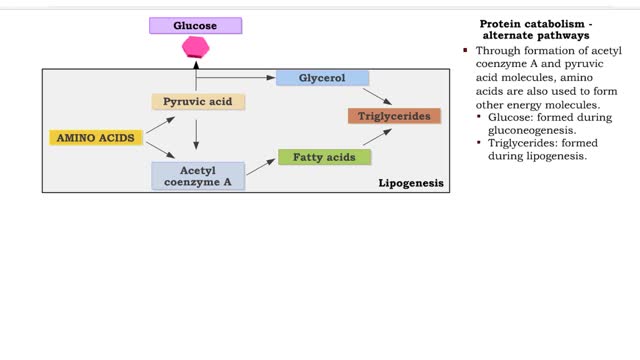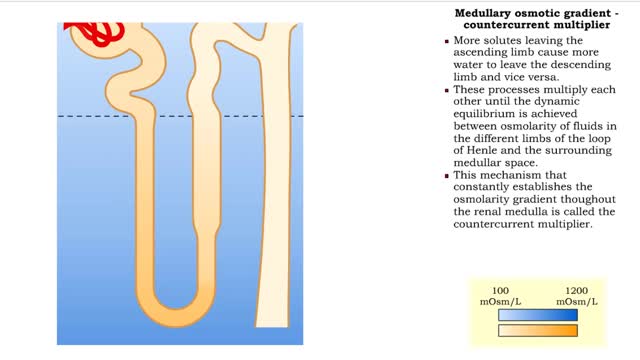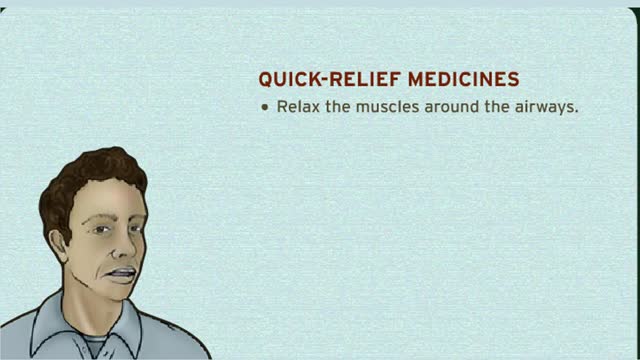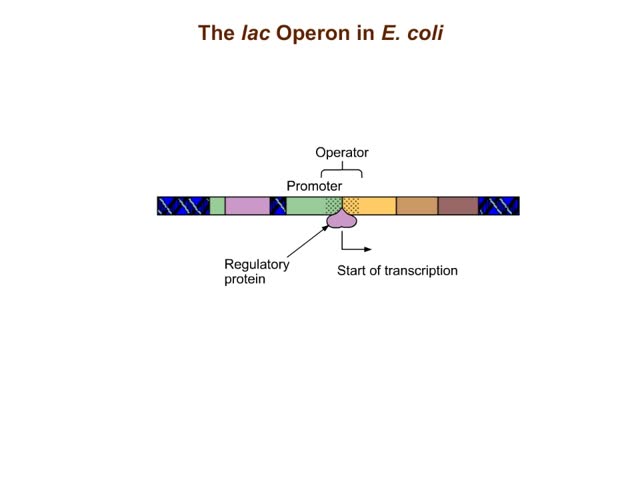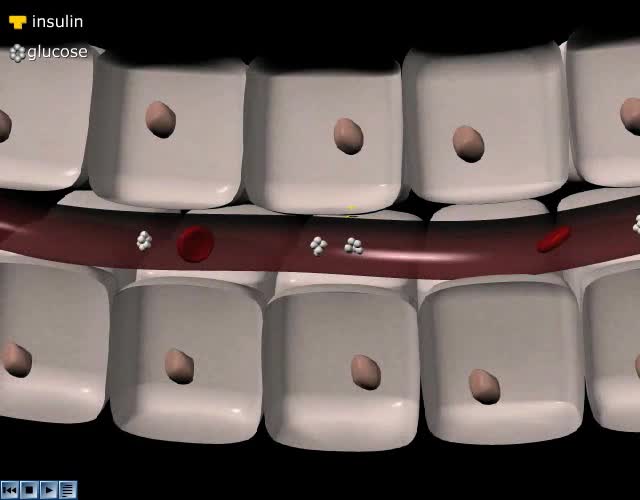Search Results
Results for: 'Part 2'
By: Administrator, Views: 14700
Alzheimer's disease (AD), also referred to simply as Alzheimer's, is a chronic neurodegenerative disease that usually starts slowly and gradually worsens over time. It is the cause of 60–70% of cases of dementia. The most common early symptom is difficulty in remembering recent events. As the d...
Protein catabolism (Krebs cycle) and Protein anabolism (protein synthesis)
By: HWC, Views: 12332
• Deaminated acids are brought into the Krebs cycle to be oxidized to CO2 and H2O. • Before entering the Krebs cycle, the deaminated acids are converted into intermediate products (pyruvic acid, acetyl coenzyme A, carbonic acids). • In the Krebs cycle, amino acids are oxidized to form r...
By: HWC, Views: 12544
▪ The primary cause of the medullary osmotic gradient is the active transport of solutes. • In the ascending limb of the loop, active transport of Na+ ions drives passive reabsorption of Cl- ions. • Addition of these ions to the interstitial fluid of the medulla increases its osmolarity...
How does asthma work?And How do you treat asthma?
By: HWC, Views: 10699
These are the parts of the respiratory system. Sinuses and Nasal Passages Mouth Windpipe (Trachea) Lungs Airways (Bronchial Tubes) Airsacs (Alveoli) When we breathe, air moves easily in and out of the lungs. The small airways are also called bronchial tubes. The side of the tube is...
By: Administrator, Views: 15842
The lac operon (lactose operon) is an operon required for the transport and metabolism of lactose in Escherichia coli and many other enteric bacteria. Although glucose is the preferred carbon source for most bacteria, the lac operon allows for the effective digestion of lactose when glucose is no...
By: Administrator, Views: 16447
Hyperglycemia means high (hyper) glucose (gly) in the blood (emia). Your body needs glucose to properly function. Your cells rely on glucose for energy. Hyperglycemia is a defining characteristic of diabetes—when the blood glucose level is too high because the body isn't properly using or doesn...
Advertisement




